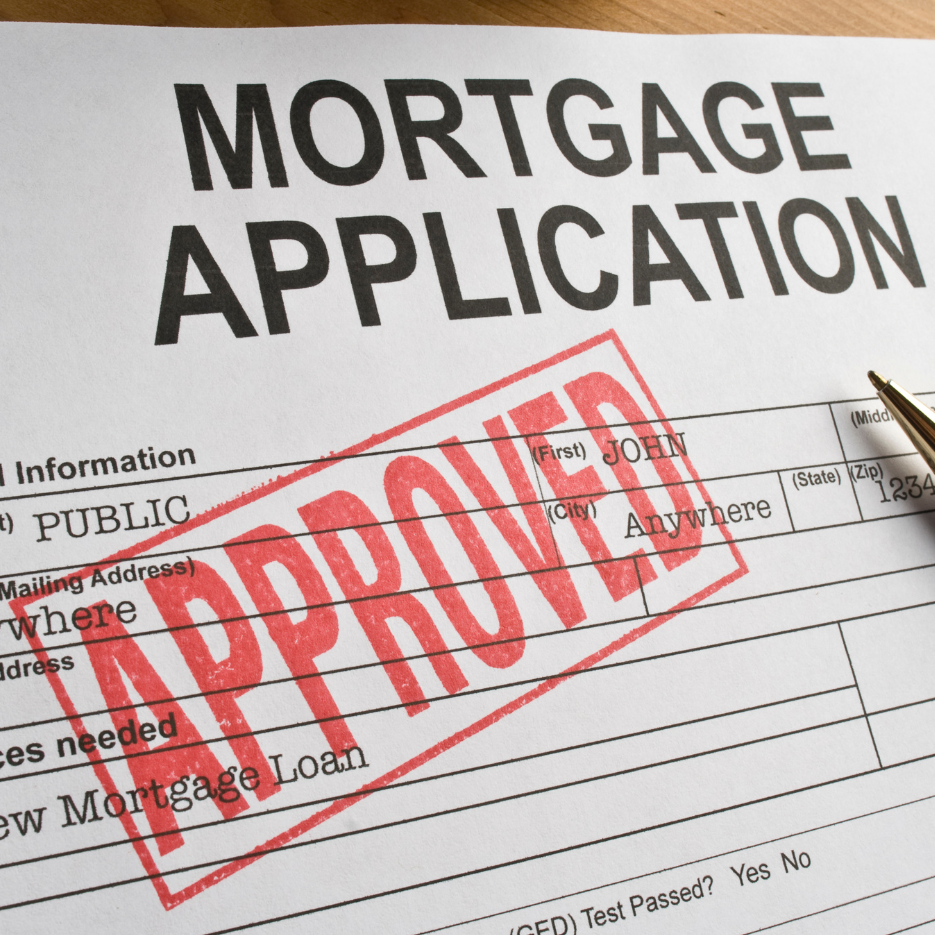Understanding the Challenges Self-Employed Borrowers Face
For self-employed individuals, the path to homeownership can be considerably more complex than it is for traditional employees. Unlike their salaried counterparts who can easily provide W-2 forms to demonstrate consistent income, self-employed borrowers often encounter significant hurdles when applying for a mortgage. The primary challenge lies in the documentation required by conventional lenders, who rely on standardized paperwork to assess income stability and creditworthiness.
Many self-employed applicants experience fluctuating income, seasonal earnings, or have business deductions that reduce their reported net income on tax returns. While these deductions are advantageous during tax season, they can work against borrowers in the mortgage approval process, as lenders typically focus on “taxable income” rather than total revenue. This often results in an underestimation of an applicant’s true earning capacity, making it difficult to meet the stringent requirements of traditional loan programs.
Key Obstacles for Self-Employed Mortgage Applicants
- Complex Income Documentation: Lenders may require two years or more of tax returns, profit and loss statements, and additional business records.
- Inconsistent Cash Flow: Irregular income streams can raise concerns about the borrower’s ability to manage monthly mortgage payments.
- Stringent Underwriting Standards: Standard mortgage products often prioritize stable, verifiable income, which many self-employed applicants can’t easily demonstrate.
These barriers can be discouraging, but they also highlight the need for alternative lending options designed with entrepreneurial professionals in mind. Understanding these challenges is the first step toward finding a mortgage solution that aligns with the realities of self-employment.
What Makes Non-QM Loans Different from Conventional Mortgages
For many self-employed individuals, qualifying for a traditional mortgage is often challenging due to stringent documentation requirements, particularly the reliance on W-2 forms and conventional income verification. This is where non-qualified mortgage (non-QM) loans stand apart. Unlike conventional mortgages, which adhere strictly to government-backed guidelines, non-QM loans are designed with flexibility in mind, especially for borrowers whose financial profiles don’t fit into standard molds.
Flexible Documentation Requirements
One of the defining characteristics of non-QM loans is their approach to documentation. While conventional mortgages typically require W-2s, pay stubs, and tax returns to verify income, non-QM lenders offer alternative ways to demonstrate financial stability. For self-employed borrowers, this might include:
- Bank statements showing consistent cash flow
- Profit and loss statements prepared by a CPA
- Asset-based qualifying, where substantial savings or investments can be used as proof of ability to repay
This adaptability makes non-QM loans an attractive option for entrepreneurs, freelancers, and gig economy workers who may not have traditional paychecks but still possess strong financial footing.
Broader Credit Considerations
In addition to flexible income verification, non-QM loans often allow for more nuanced credit assessments. While conventional mortgages might disqualify applicants with recent credit events or variable income, non-QM lenders can evaluate the full picture, considering factors beyond just a credit score.
By offering tailored solutions, non-QM loans empower self-employed individuals to pursue homeownership without the constraints of conventional mortgage criteria, opening the door to greater financial freedom and opportunity.
How a Non-QM Loan Supports Freelancers and Gig Workers
Traditional mortgage loans often pose significant hurdles for freelancers and gig workers, whose income streams don’t fit neatly into the W-2 forms that conventional lenders typically require. Non-QM (Non-Qualified Mortgage) loans are specifically designed to address these unique challenges, offering flexible qualification criteria that recognize the diverse ways self-employed individuals earn their living.
Flexible Income Verification
Unlike standard mortgages that rely heavily on W-2s and pay stubs, Non-QM loans allow applicants to demonstrate their financial stability using alternative documentation. Lenders may accept bank statements, 1099 forms, or profit-and-loss statements as proof of income, providing a more accurate reflection of a freelancer’s or gig worker’s earning capacity. This flexibility helps self-employed borrowers who may have fluctuating monthly incomes but maintain strong annual earnings.
Accommodating Varied Employment Histories
Freelancers and gig workers often juggle multiple contracts or clients, and their employment history can appear unconventional to traditional lenders. Non-QM loans consider these varied work arrangements, focusing more on overall financial health than on rigid employment timelines. This approach opens the door to homeownership for individuals who have the means to purchase but do not fit the conventional borrower profile.
- Bank statement loans tailored for self-employed applicants
- Acceptance of non-traditional income sources
- Flexible debt-to-income ratio requirements
By prioritizing flexibility and realistic assessment methods, Non-QM loans empower freelancers and gig workers to qualify for a mortgage, helping them take their next steps toward homeownership with confidence.
Flexible Documentation Options with Laser Mortgage Non-QM Loans
Traditional mortgage applications typically require a W-2 form, leaving many self-employed professionals at a disadvantage when seeking home financing. Laser Mortgage recognizes the unique financial circumstances of entrepreneurs, freelancers, and independent contractors by offering Non-QM loans with flexible documentation options. This innovative approach enables self-employed borrowers to demonstrate their income and financial stability through alternative means, eliminating the need for conventional W-2 verification.
Alternative Income Verification Methods
With Laser Mortgage Non-QM loans, applicants can qualify using a variety of documentation tailored to their business structure and income streams. Rather than relying on a single document, borrowers may submit:
- Bank statements: Showcasing consistent deposits, these provide a transparent view of monthly earnings over 12 to 24 months.
- Profit-and-loss statements: Prepared by the borrower or a certified accountant, these statements detail the business’s financial performance.
- 1099 forms: For those who receive contract income, 1099s serve as proof of earnings from multiple sources.
- Asset depletion: In some cases, substantial assets can be used to supplement or replace income requirements.
This flexibility empowers self-employed individuals to present a comprehensive financial picture, taking into account the nuances and fluctuations inherent in running a business.
By accommodating diverse forms of documentation, Laser Mortgage removes the barriers imposed by traditional lending models. This tailored approach ensures that self-employed borrowers are evaluated fairly, setting the stage for a smoother, more accessible path to homeownership.
Steps to Qualify for a Non-QM Home Loan as an Entrepreneur
For self-employed individuals and entrepreneurs, the path to homeownership often diverges from the traditional routes, especially when standard W-2 documentation is not available. Non-QM (Non-Qualified Mortgage) loans provide a flexible alternative, catering specifically to those whose income streams are less conventional. Understanding the steps to qualify for a Non-QM loan can empower you to navigate the process with confidence and clarity.
Assessing Your Financial Profile
Start by evaluating your overall financial health. Lenders will look closely at your income, assets, credit history, and existing debts. Unlike traditional mortgages, Non-QM lenders are more interested in alternative documentation. Instead of W-2s, you may provide:
- Bank statements (typically 12-24 months)
- Profit and loss statements for your business
- 1099 forms or other evidence of regular income
Organizing these documents in advance streamlines the application and demonstrates your preparedness.
Meeting Credit and Down Payment Requirements
While Non-QM loans are more accessible, a solid credit score will still enhance your eligibility and potentially secure better rates. Down payment requirements may also differ and tend to be higher than those for conventional loans, often starting at 10-20%.
Choosing the Right Lender
Not all lenders offer Non-QM products, so seek out mortgage providers experienced in working with self-employed borrowers. They can guide you through tailored options, helping you align your loan application with your unique financial situation.
By following these essential steps, entrepreneurs can position themselves to achieve homeownership, even without W-2 income, leveraging the flexibility that Non-QM loans provide.





